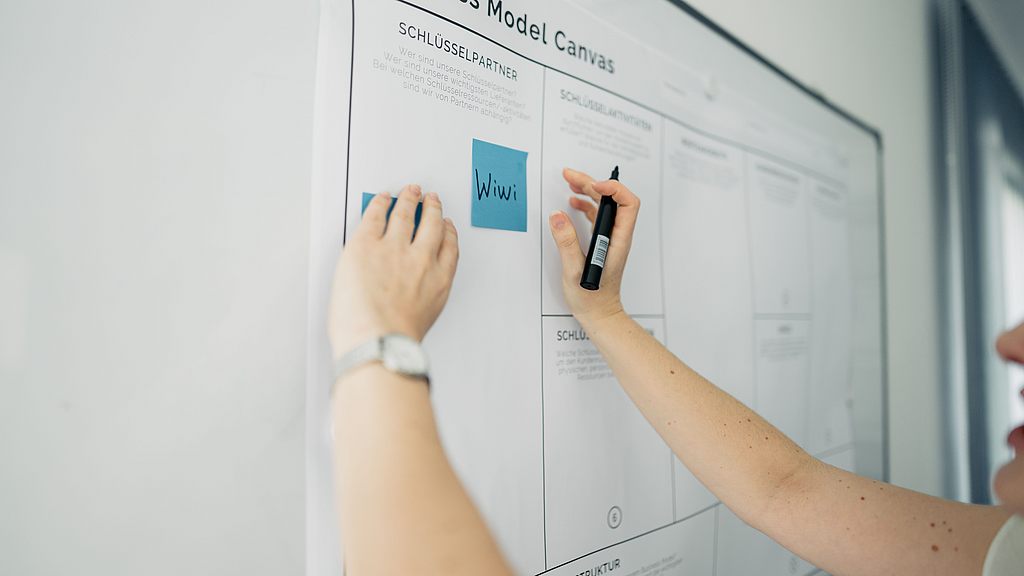FAQs
FAQs
What are economic experiments anyway?
Experiments can be very different. For example, there are experiments which include negotiations, experiments in which the participant acts as bidder in an auction, or as a participant in a special market. However, the decision situations are simple: e.g. the participants have to choose a number or have to choose from several alternatives. The exact procedure and task are explained to the participants before the experiment.
Why should one participate in experiments?
Through an experiment you can earn money "playing"! Each participant is paid according to his or her success. On average you can expect about 10€ per hour. The exact amount depends on how successfully you mastered the situation in the experiment. The earnings can be significantly higher, but also lower.
Who can participate in the experiments?
Basically, anyone can participate in the experiments. Your field of study or professional experience are therefore irrelevant. If exceptions are made for a particular experiment, these will be announced with the experiment.
How long does an experiment take?
On average, an experiment takes about 1-2 hours to complete. More details can be found in the respective announcements, or can be obtained at the registration desk.
What is the purpose of economic experiments?
One goal of experimental economic research is to gain a better understanding of the decision-making behavior of individuals, since the predictions of economic theory often do not match the actual observed behavior of individuals. The data obtained can thus be used to test existing theories and to develop new theories. Furthermore, experiments are also used, for example, to test new market institutions in detail - even before they are introduced in practice - in terms of their functionality.
What happens to the results of experimental research?
The results of the experiments are published in articles in specialist journals or in scientific papers, i.e. dissertations or post-doctoral theses. We are happy to provide interested parties with information on where the results of specific experiments have been published.
Is any previous knowledge required?
No! No previous knowledge is required to participate in the experiments. However, in order to be able to guarantee a perfect understanding of the rules for an experiment, an excellent knowledge of written and spoken German is essential.
How can I participate in an experiment?
Participation is very simple: you register for one of the announced experiment dates using the form on the registration page.
Where and when can I register?
The exact registration periods and contact persons can be found on our announcement page.
How can I find out which experiments I can participate in?
The current dates for planned experiments can be found on this page and on the notice boards at the Institute. In addition, these dates are also announced in the mensa (canteen) through handouts. If you are interested, you can also subscribe to a mailing list, which will inform you about new dates. To sign up, simply send a blank email with no subject or content to the mailing list.
What do I do when only substitutes are wanted?
It is still worth coming to the experiment!
For each experiment date, more interested people can register than can actually participate. At the beginning of the session all registered participants have to show up in any case. If laboratory places become vacant due to cancellations or absence, the additional candidates move up and can participate in the experiment. If, on the other hand, no places have become vacant, each substitute candidate will receive a substitute payment for their appearance.
How is payment effected?
Your entry fee will be paid out directly after the experimental session. You will receive the remaining part of your payment either directly after the experimental session or you can collect it from the secretary's office of the respective department in a specified time period after the experiment. Of course, your personal payouts will be handled anonymously by the experimenters.
Any more questions?
Further questions can be posed to the departments involved.
